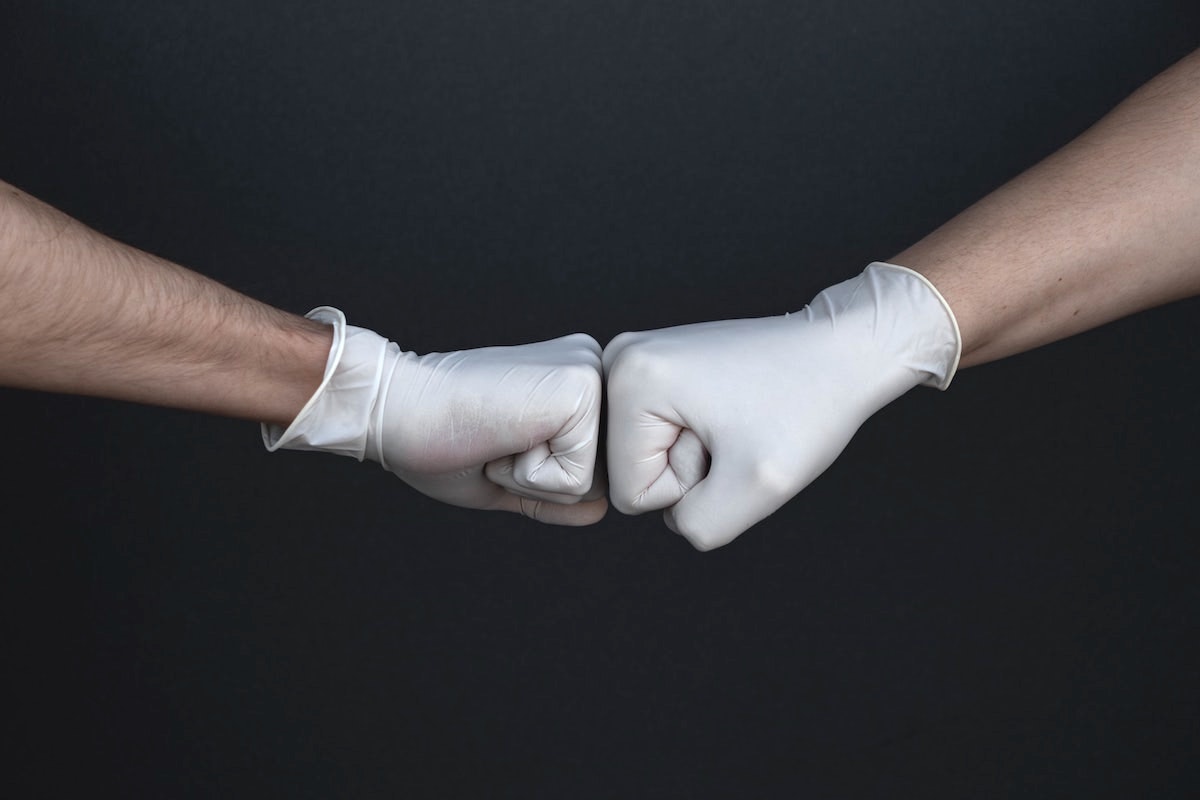As the coronavirus pandemic continues to affect communities around the world, many lessons have started to emerge.
Some are obvious: washing your hands actually works, social distancing is crucial and we would be lost without our essential workers and healthcare professionals.
But what are the deeper lessons from the coronavirus pandemic that will help individuals, businesses and countries alike be more sustainable going forward?
- We are highly social creatures
- The world is more connected than ever
- We rely heavily on the internet
- A post-coronavirus world will be very different
- We can get by on less
- Collaboration is essential
- We are only as safe as our most vulnerable
Psychologists and researchers have always known that we humans are social beings who want to share our lives with others. Enforced physical distancing goes directly against this natural instinct, and it serves as a reminder of how much we enjoy (and take for granted) social interaction and intimacy. When we come out of this, we will be more grateful and humble.
As evidenced by the speed at which COVID-19 has spread throughout the world, we are not only more technologically connected than ever before but also more physically connected. No-one is geographically immune to coronavirus, and it’s naïve to think that something unfolding on the other side of the world will not have a wider ripple effect.

While some have been quick to decry the online world in the past, the coronavirus pandemic has served as a reminder of how much digital media has to offer. Schools, universities and businesses have all moved online and we now rely on video platforms like FaceTime and Zoom to safely connect and socialise with colleagues, educators, friends and family.
It’s hard to wrap our heads around what the world will look like once this pandemic is over. The world’s digital infrastructure will be stronger, remote working and telemedicine will become normalised, and we’ll come to rely more and more on IoT, big data, robotics and artificial intelligence.
The world’s current method of conducting business has created a mess. The rate at which we are consuming the Earth’s natural resources is speeding up every year. In 2019, Earth Overshoot Day, the day that humanity uses up its allowance of natural resources such as water, soil and clean air for the entire year, fell on 29 July – its earliest date ever.
However, since the world changed its behaviours to contain coronavirus – slowing industrial activity, fewer cars on the roads and planes in the air – silver linings have emerged. If patterns continue, experts believe it could lead to the first drop in global emissions since the 2008–09 financial crisis. If this pandemic has shown us anything, it’s that many of us can, and should continue to, consume responsibly and get by with less.
From the very beginning of the coronavirus crisis, the World Health Organization called on the global community to work together to fight the virus. Around the word, factories that used to make everything from perfume to cars are now making supplies to fight coronavirus. This crisis has taught us that no-one can go it alone to solve difficult problems. We need to rise above self-interest and think about the wellbeing of the collective.
When COVID-19 broke out, we quickly discovered that the elderly and those with pre-existing health conditions were more vulnerable. And as it spreads, the poor continue to feel the economic impact the most. Recognising that this makes us all more vulnerable, communities have rallied together to help one another and make sure everyone is safe.
Read next: Hunch no more: how to set up the ultimate home office







